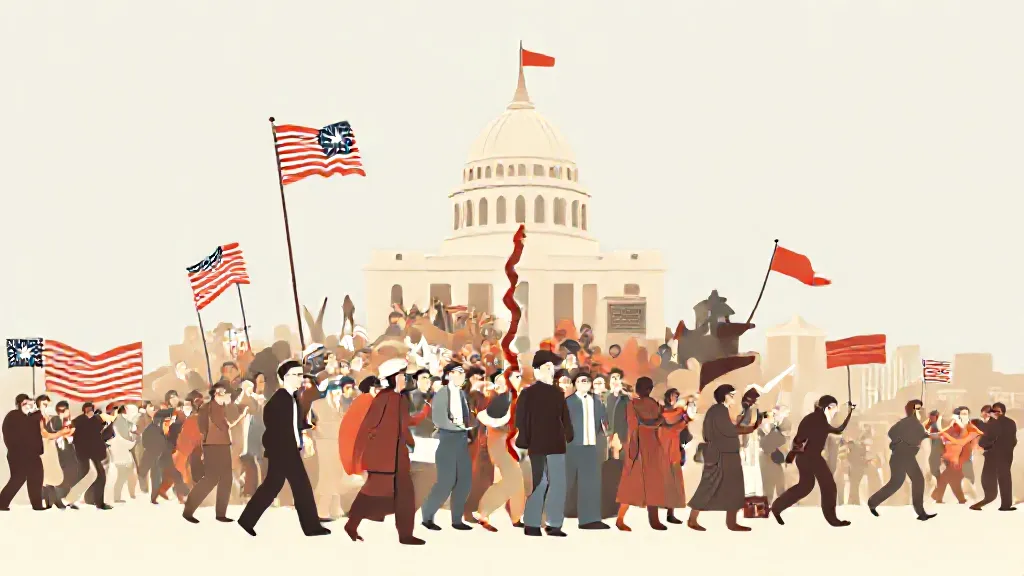The New Deal, introduced by President Franklin D. Roosevelt in response to the Great Depression, aimed to provide relief, recovery, and reform to a nation in crisis. While many Americans supported these programs, they also sparked significant controversy.
The debates surrounding the New Deal reveal deep ideological divides about the role of government, economic policy, and social welfare in American society.
The Economic Context of the New Deal
The New Deal emerged during one of the most challenging economic periods in American history. The stock market crash of 1929 led to widespread unemployment, bank failures, and a collapse in consumer spending.
In this context, Roosevelt's ambitious programs sought to stabilize the economy, create jobs, and provide relief to the suffering populace. However, the methods employed and the extent of government intervention provoked fierce debates among various political factions, including conservatives, liberals, and socialists.
Opposition from Conservative Circles
One of the primary sources of controversy stemmed from opposition among conservative groups who viewed the New Deal as an overreach of federal power.
Critics argued that the expansion of government programs threatened individual liberties and the capitalist system. Organizations like the American Liberty League emerged, advocating for limited government and opposing Roosevelt's policies, which they claimed were leading the country towards socialism. This opposition highlighted a fundamental tension in American politics regarding the balance between free enterprise and government intervention.
Support from Liberal and Progressive Factions
Conversely, many liberals and progressives supported the New Deal, arguing that the government had a responsibility to protect its citizens during economic crises. They believed that without such intervention, the country would face dire consequences, including social unrest and increased poverty. Figures like John Maynard Keynes championed the idea of government spending to stimulate the economy, which resonated with Roosevelt's approach.
This support illustrated a divide in American ideology about the role of government in economic affairs.
The Role of Labor Unions
Labor unions played a significant role in the controversy surrounding the New Deal. The National Industrial Recovery Act (NIRA) aimed to boost industrial growth and improve labor conditions, leading to increased union membership and activism.
However, some business leaders viewed this as a threat to their interests, leading to conflicts between organized labor and employers. The rise of strikes and labor disputes during this period further fueled the controversy, as both sides clashed over workers' rights and employer freedoms.
Racial and Gender Disparities in New Deal Programs
Another layer of controversy arose from the New Deal's implementation, particularly regarding racial and gender disparities.
While programs like the Civilian Conservation Corps (CCC) and Works Progress Administration (WPA) provided jobs, they often discriminated against African Americans and women. Many New Deal programs were administered at the state level, leading to unequal access based on race and gender. This exclusion sparked criticism from civil rights activists and women’s groups, who argued that the New Deal failed to address systemic inequalities.
The Legacy of the New Deal
The legacy of the New Deal remains a contentious topic in American history. While many credit Roosevelt's programs with helping to pull the nation out of the Great Depression, others argue that they extended the economic downturn and entrenched government dependency. The debates over the effectiveness and morality of the New Deal continue to resonate in contemporary discussions about social welfare programs and government intervention in the economy.
Contemporary Relevance of New Deal Controversies
The controversies surrounding the New Deal are relevant today as policymakers grapple with similar issues of government intervention and social welfare. The debates about healthcare, education, and economic inequality echo the tensions of the 1930s. As America faces new economic challenges, the lessons learned from the New Deal era can inform current discussions about the role of government in addressing social and economic issues.
Conclusion: A Divided Legacy
In conclusion, the New Deal programs created controversy due to their expansive nature, ideological divides, and the social implications of their implementation. The debates that arose during this period reflect broader themes in American history regarding the balance of power between the government and the individual, the role of economic policy in society, and the ongoing struggle for equality. Understanding these controversies is essential for grasping the complexities of American political discourse and the evolution of social welfare in the United States.
